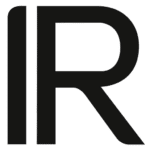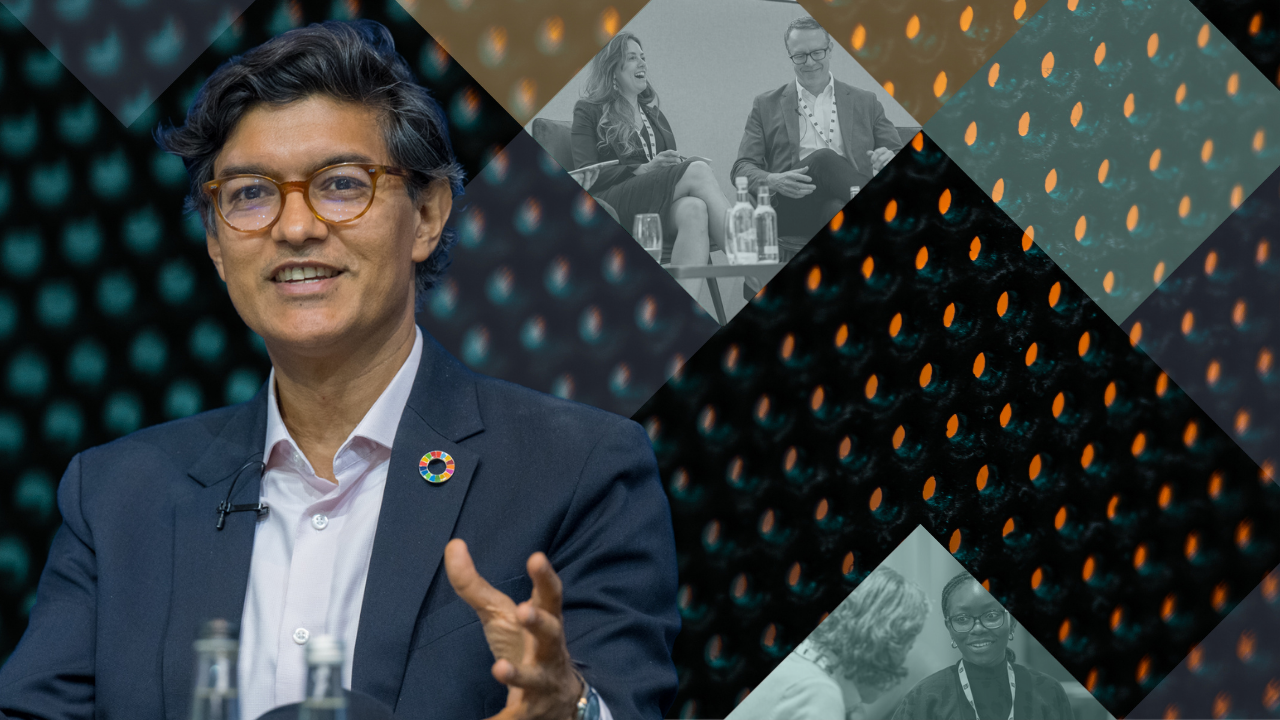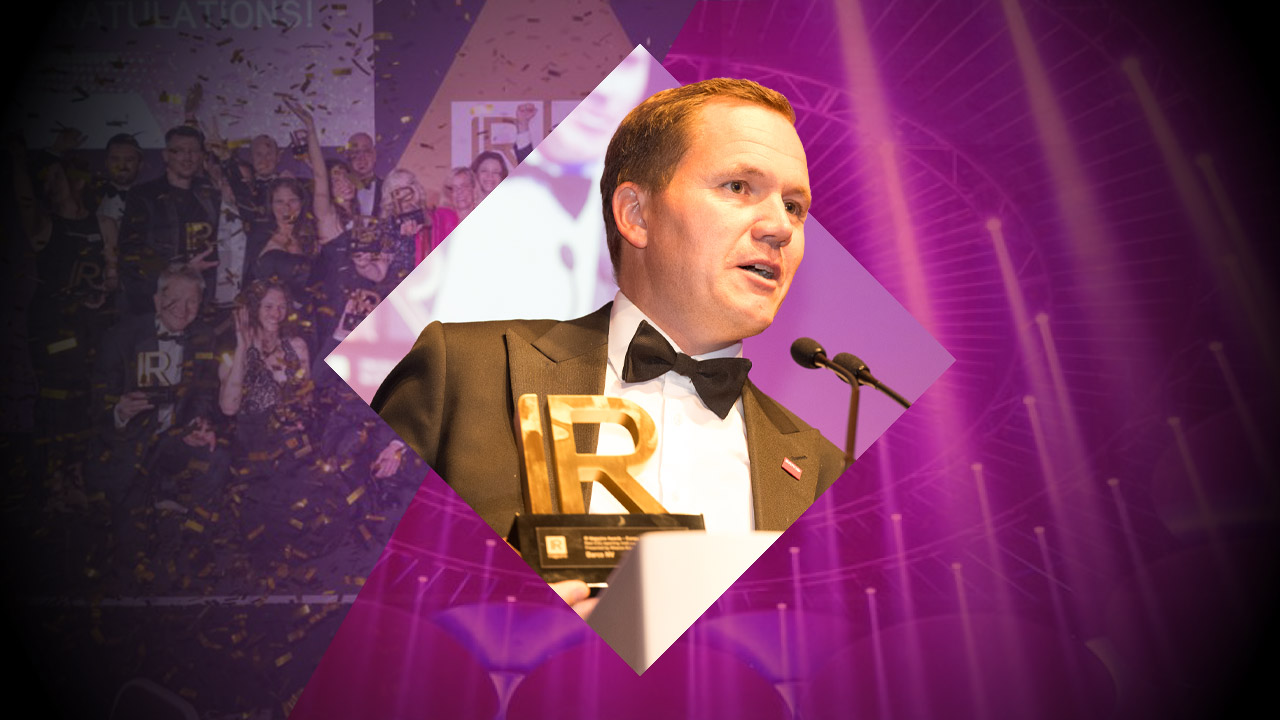Rising oil prices have brought increasing sums of cash flooding into the Middle East. Conscious that oil supplies will not last forever, the region is looking at alternative ways of generating value. The pool of investable wealth is impressive: with institutional assets growing rapidly, total wealth in the Arabian Gulf is estimated at around $3 tn, according to Bahrain-based investment products provider Investcorp.
A substantial portion of Middle Eastern overseas investment stems from excess capital held in government reserve funds, which were set up after the 1989 dip in oil prices. ‘The Qatar Investment Authority, the Abu Dhabi Investment Authority and Dubai Holding have such big funds, it’s a question of where to put all the money,’ insists an economist at a Qatari bank. Volatility in local stock markets further convinced Gulf investors to diversify their asset allocations to overseas markets.
While this might appear good news for companies listed overseas, tapping into that wealth will not always be as straightforward as it once was. Steve Martin, in charge of attracting international institutions to invest in Qatar at the Qatar Financial Centre (Qfc), says money from local government investment authorities is increasingly being invested in the region as Middle Eastern economies strengthen.
According to Investcorp’s estimates, 80 percent of the Gulf’s total wealth was being invested internationally in 2005, which fell to 70 percent a year later.
In the wake of 9/11, many Gulf investors became reluctant to invest their wealth overseas. ‘There was a marked change in the willingness of Arab funds to invest in US funds before and after the event’, remarks Richard Rivlin, author of Desert capitalists.
A source from a leading Gulf bank explains the impact of travel restrictions on Middle Easterners: ‘Entering the US became humiliating. People accustomed to going there for portfolio reviews just didn’t want to go anymore.’
The chairman of Dubai’s Difx stock exchange, Henry Azzam, explains that more money is being invested locally due to a combination of push and pull. He realizes the Middle Eastern market went through a boom and bust period, but remains optimistic.
‘Institutional investors are monitoring the local stock market and are realizing the value in it after the huge correction,’ he explains. State banks are keen to encourage local investments: Qatar National Bank, for example, recently set up mutual funds (known as al watani funds) to help both locals and expatriates invest in the region.
Listed companies are by no means the only candidates for Middle Eastern capital, however. A growing number of international private equity and real estate funds are also looking to the region in search of funding. The latter boasts the added advantage of always being sharia-compliant.
Private concerns
Gulf investors requiring funds to comply with Islamic financing law can restrict private equity investors in their choice of portfolio investment. While industries such as pornography, tobacco and weapons are traditionally excluded from the remit of western private equity, others – such as pork, gambling and alcohol – are more prevalent. And some are wary about how deals can be leveraged when lending and borrowing money is regarded as usury.
According to Imad Ghandour at Gulf Capital, Middle Eastern investors are more interested in direct investments than funds. ‘They are relatively sensitive to short-term expectations and shift their investments between public and private markets depending on the respective outlooks,’ he notes.
Despite the growing popularity of private equity and real estate, they are generally not perceived as a threat to the listed market. Azzam maintains there is enough liquidity around for investors to be able to commit to both quoted and unquoted entities.
Far from antagonistic, private and public equities are often complementary – as borne out by Bahrain-based Arcapita’s Ipo of portfolio company Caribou Coffee on the Nasdaq two years ago. As the private equity firm retained a stake in the group, Caribou continues to follow sharia law in its business dealings. Isabelle Pagnotta at Arcapita says she sees more scope for Ipos in the Gulf, depending on market conditions.
Calling international IR
Hsbc, Citigroup, Barclays, Bank of America, Lehman Brothers and Morgan Stanley have come to the region, making the Middle East a hub of investment activity. But this isn’t a reason for complacency.
‘We need to see more international roadshows in the region, as Gulf investors are responding well,’ says Salvatore Alioto, head of investment banking at Al Mal Capital. In addition to regional investments, the group also focuses on pre-Ipo funding in China and Europe. ‘It helps to have the brand name of a bank for lesser-known companies, or just the company itself if it’s wellknown enough,’ Alioto adds.
Middle Eastern investors are beginning to see a growing number of international roadshows in the region. ‘The high disclosure norms and IR witnessed internationally are positive signs for Gulf investors,’ asserts Sanjay Vig, executive director of Alpen Capital. ‘The region has seen a substantial increase in one-to-one roadshows by international issuers.’
One Iro at a UK Ftse 100-listed company begs to differ, however, saying the group abandoned its attempts at putting on roadshows in the Middle East. ‘Investors refused to see us because we were an all-woman team,’ she says. The IR division chose to focus its efforts in areas already displaying significant investor interest. Although this may have been the case, tides are certainly turning. The managing director of one leading Gulf bank affirms that in Kuwait his biggest clients are women. ‘They have a lot of clout in the business world,’ he insists.
Going the extra mile
For some, roadshows are simply not enough. Mohannad Aama at Beam Capital says Iros need to step up their efforts if they want to attract more Middle Eastern assets. ‘International IR will have more of an effect if shares are listed locally and Gulf investors can trade these shares on local markets,’ he remarks.
Some international companies have already begun listing on the Difx. Last October, South African gold mining company Gold Fields took the bold step of listing in the Middle East in a bid to expand its investor base. ‘Our Ceo set us the challenge of seeing whether there were any markets we were missing out on,’ says Nerina Bodasing, Gold Fields’ Iro.
Bodasing commissioned banks to look at India, China and the Middle East, and was immediately drawn by how easy it was to obtain a Gulf listing. ‘Regulatory requirements are not onerous, there are no administrative costs and they have a good understanding of commodity markets,’ she explains.
‘Also we can communicate in English, without having to translate financial reports into Arabic.’ Although the company has not seen a dramatic increase in Middle Eastern investors since its flotation, Bodasing concedes that the exchange is new and will grow. ‘It’s about getting the message out to new investors,’ she says. ‘There’s so much capital available, it’s just about gaining trust and, in time, reaping the rewards.’
The Gulf is clearly a viable source of capital for internationally listed companies. Foreign Iros should seize opportunities now, while Middle Eastern IR is still in its embryonic stages. As Bodasing discovered, there is not the same support structure for Gulf IR that western markets enjoy. ‘You can’t get targeting reports done – it’s not very transparent,’ she notes.
Private investors in the region did turn to overseas equities after experiencing volatility and pricing inefficiencies in local markets. Yet while regular information could improve, Gulf companies now have IR functions in place and issue annual reports. Azzam’s plan is to make the Difx a level playing field for international players. As Middle Eastern investors start investing in local markets first and foremost, international IR would do well to gear up its efforts.







